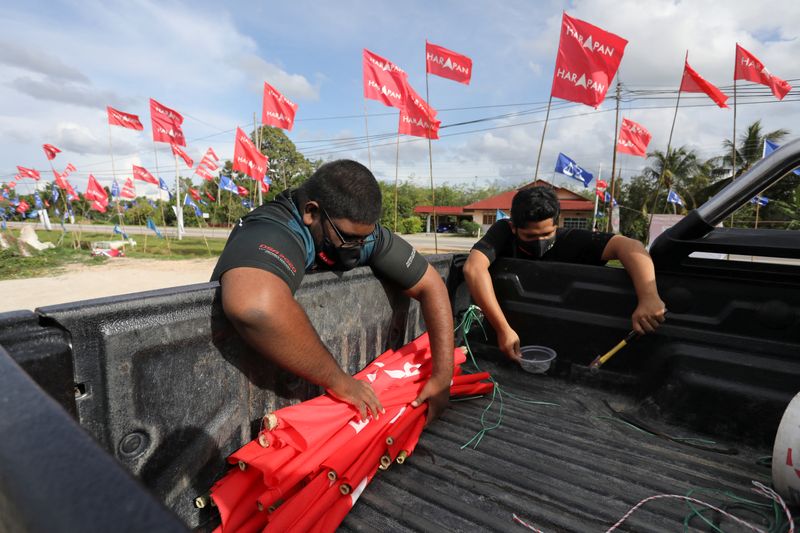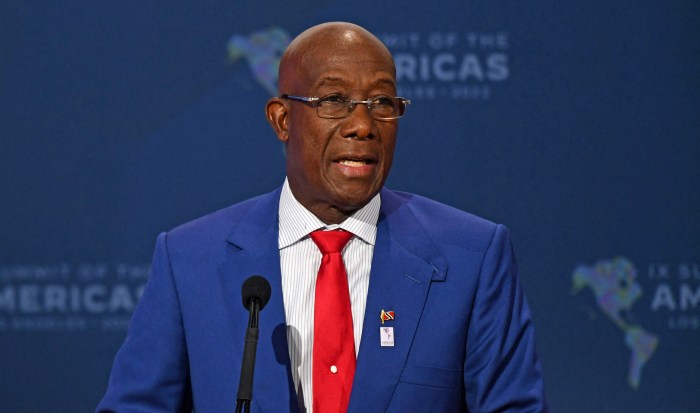JOHOR BAHRU, Malaysia (Reuters) – Malaysia’s Johor state will on Saturday hold the first elections since the country lowered its voting age to 18, with 750,000 new ballots added to regional polls seen as a litmus test for a general election that could be called this year.
Political parties are fielding younger candidates, promising jobs, digital connectivity and help for businesses, in a bid to woo new voters in Johor, where reforms lowering the voting age from 21 to 18 and allowing automatic voter registration have expanded the local electorate by a third.
The polls for the state legislature will be closely watched ahead of national elections that could be called as early as July, which would be the first big test for Prime Minister Ismail Sabri Yaakob and the ruling Barisan Nasional alliance, led by his United Malays National Organisation (UMNO).
That election will see 5.8 million new eligible voters in Malaysia – a 40% increase.
Analysts expect the Johor election to swing in favour of UMNO, the dominant regional force until recently, but a win might not come easy with the sudden influx of young voters.
“Johor is a chance for us to learn how to approach and campaign for young people,” said Mohd Hairi Mad Shah, a local UMNO candidate.
“The turnout will be an indicator for how successful we are in mobilising voters amid the COVID-19 pandemic and an uncertain political environment.”
Since 2018, Malaysia has had three prime ministers and seen the collapse of two governments and the splintering of two major opposing coalitions.
Many youth in Johor told Reuters they were tired of political infighting and could not keep up with the numerous factions in play.
In a harbinger for future elections, Johor’s polls will have multi-cornered fights for all 56 state seats, with two ruling government coalitions, an opposition alliance, and several independent parties and candidates all vying for a spot.
“You have so many parties now but they’re all the same,” said salesperson Sharifah Nurdiyana Syed Azhar, 20, who will cast her first ballot on Saturday.
Young people who spoke to Reuters were unmoved by efforts to court them – including those of the Malaysian United Democratic Alliance (MUDA), a newly formed youth and reforms-based party.
“Young voters are more objective and have less loyalty to certain parties,” MUDA candidate Afiqah Zulkifli said.
“The biggest challenge for us is to convince them that we are different and that we have the right ideas and policies for them.”
(Editing by Martin Petty)


























